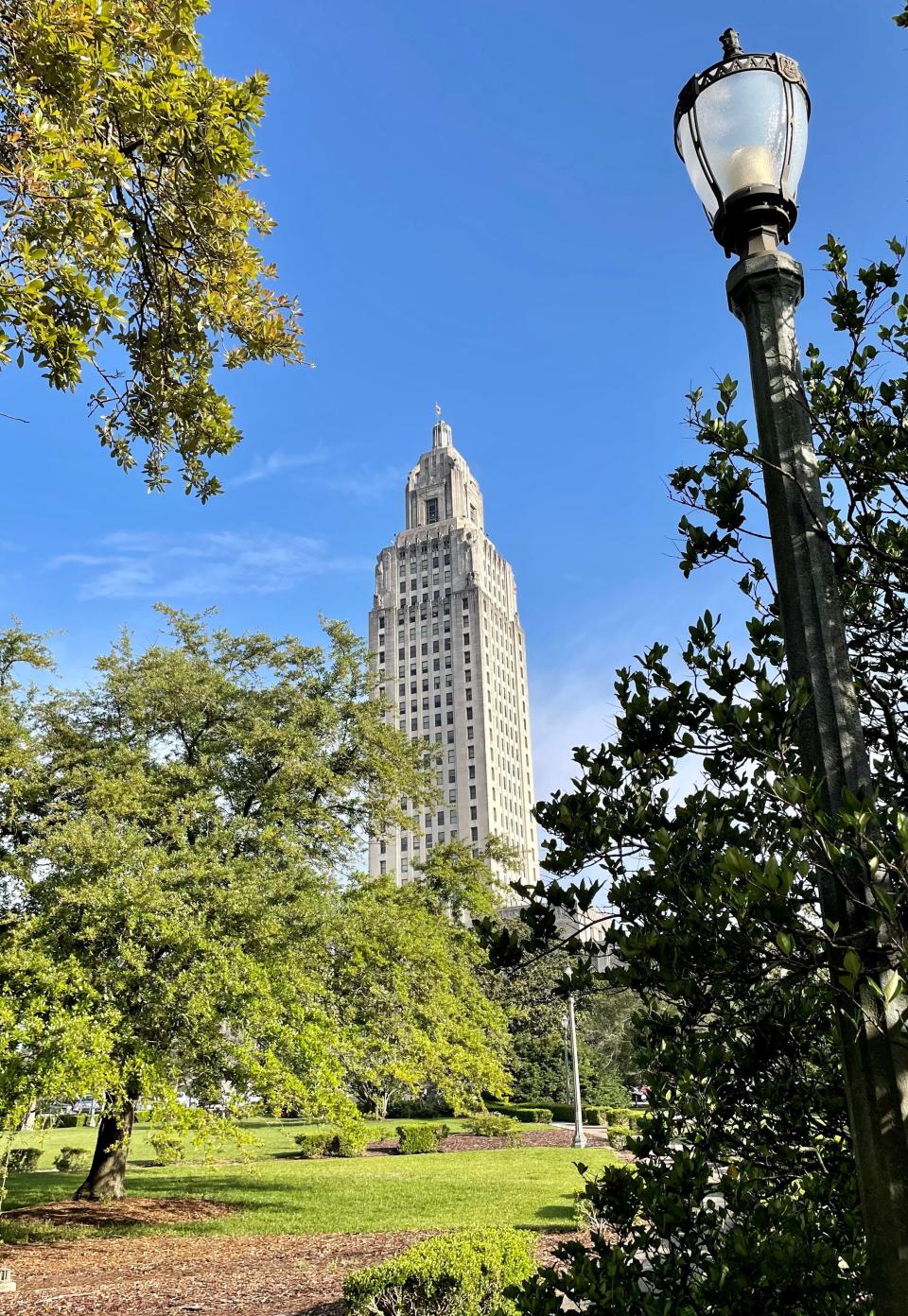Louisiana moves a step closer to symbolically abolishing slavery in its state Constitution
- Oops!Something went wrong.Please try again later.
Louisiana moved a step closer to symbolically abolishing slavery after the House approved a proposed amendment to the state Constitution in a show of unity after an angry debate during the bill's committee hearing more than 150 years after the Civil War.
The House voted 98-0 late Monday on Democratic Baton Rouge Edmond Jordan's House Bill 211, a proposed amendment that would add language in the Constitution to "abolish slavery and involuntary servitude forever."
"I'm trying to clear our Constitution," Jordan said on the House floor.
Voters would have to approve the amendment. The bill now heads to the Senate for debate.
Republican Rep. Larry Frieman referred to the "robust debate" on the bill's first committee hearing last week, where Republican Shreveport Rep. Alan Seabaugh accused Jordan of being "disingenuous" about the bill's purpose.
"In 2023 this should not be a divisive issue, but the mere fact that it is shows how far we have to go," Jordan said during the committee hearing.
But Frieman's committee amendment to include language that the amendment specifically allow forced work for convicts sentenced to hard labor, something Jordan and all the Black members of the committee opposed because they said it was unnecessary, seemed to quell any previous concerns.
"Involuntary servitude is not akin to forced work; it's akin to slavery," Jordan said.
Though slavery was abolished in the U.S. in 1865, Jordan said the stain has remained in many state constitutions.
Voters in Alabama, Oregon, Tennessee and Vermont amended their state constitutions in November to abolish those words and ban involuntary servitude and slavery. They follow Colorado, Nebraska and Utah, which have passed similar amendments in recent years.

Louisiana voters rejected a similar bill last year after Jordan himself said the amendment's language was confusing and urged its defeat.
"Hopefully we'll get it right this time," Jordan said. "We need to send a message that we're trying to look toward the future and that we correct a historical wrong."
Despite acknowledging his bill is largely symbolic, Jordan said, "I can tell you that the benefits for the 35% of Louisiana's population that is African-American will be significant."
More: Bill to symbolically abolish slavery advances in Louisiana, but not without hard feelings
Greg Hilburn covers state politics for the USA TODAY Network of Louisiana. Follow him on Twitter @GregHilburn1.
This article originally appeared on Shreveport Times: Louisiana House unified as it moves step closer to abolishing slavery

